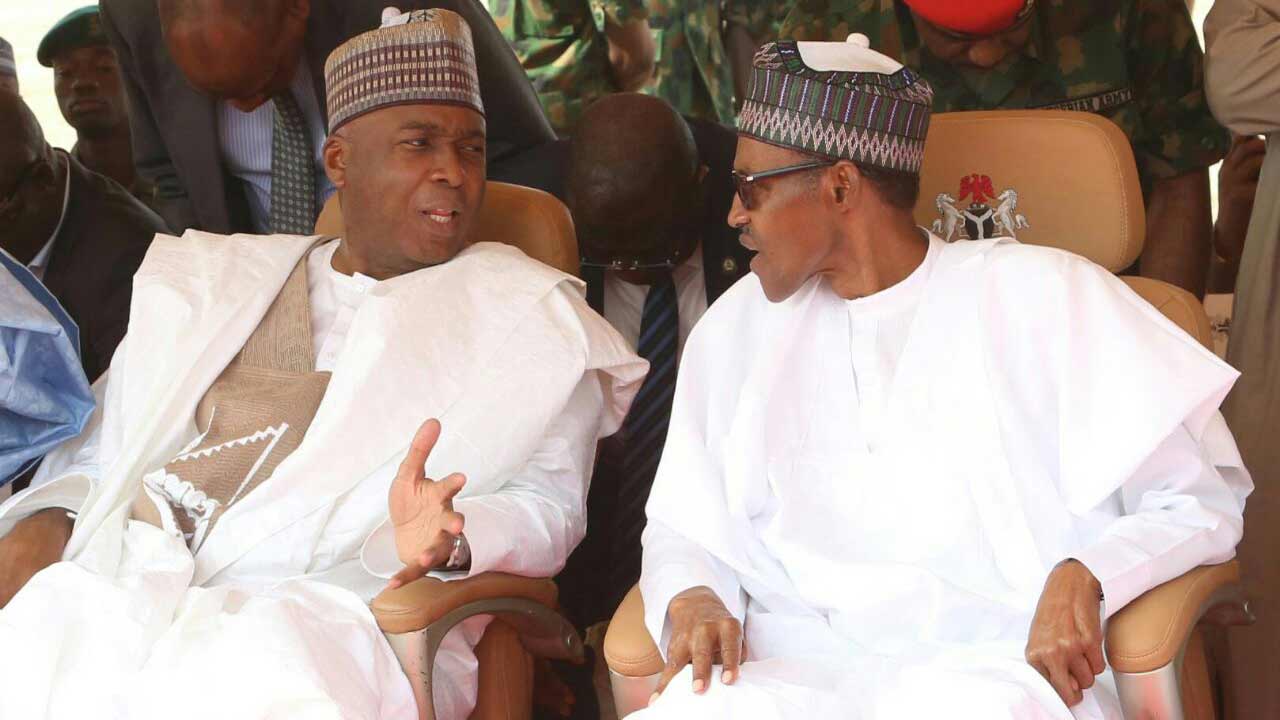The Debt Management Office (DMO) on Monday said the Federal Government borrowed a total of N2.32tn in 2017 to fund deficit in the budget.
DMO said this in its 2017 Annual Report made available to newsmen in Abuja on Monday.
According to DMO, the total amount was borrowed from both the domestic and the foreign debt markets.
The report said, “The total borrowing of N2, 321.77bn, comprised N1, 067.50bn and N1, 254.27bn from foreign and domestic sources, respectively, was raised to fund the 2017 budget deficit.
“The FGN Bond issuances dominated primary bond market activities as the government continued to issue bonds to finance its budget deficit and refinance maturing obligations among others.
“The Federal Government introduced three new products into the domestic debt market, namely: FGN Savings Bond, Sovereign Sukuk Bond and Green Bond.
“In the corporate bond market, there was a decline in activity relative to 2016, as corporates raised only N21.5bn in three issues in 2017, representing 75 per cent decline from N86.1bn in 2016.”
It added, “In 2017, the FGN shifted its focus by borrowing mainly from the external sources, thereby reducing its participation in the domestic debt market so as to create ample space for the private sector to access credits, and also as part of its debt strategy to reduce its borrowing cost and reduce pressure on investable funds in the domestic market with the aim of depressing borrowing cost.
“Between February and April 2017, the DMO successfully issued Eurobonds for a total of $1.5bn for a tenor of 15 years in two tranches ($1bn Eurobond and an additional $500m Eurobond), under the $4.5bn Global Medium-Term Note Programme.
“These two Sovereign Eurobonds became the first foreign currency denominated Bonds to be listed at The Nigerian Stock Exchange and the FMDQ OTC PLC.
“In November, 2017, $3bn Eurobonds were also issued: 10-year $1.5bn and 30-year $1.5bn. The issuance of the 30-year Note was a landmark achievement as the tenor represents the first by a Sub-Saharan African country other than South Africa, and importantly establishes the bases for long-term infrastructure financing, which is the priority of the present government.”
According to the report, in the same year, the Federal Government also issued its first $300m Diaspora Bond in the International Capital Market to part finance the 2017 budget.
The debut Diaspora Bond offered Nigerians resident abroad the opportunity to partner with the government in its efforts to stimulate economic growth.
The DMO said that the bonds became the first issued by an African nation aside South Africa, which was registered with the US Securities and Exchange Commission.
